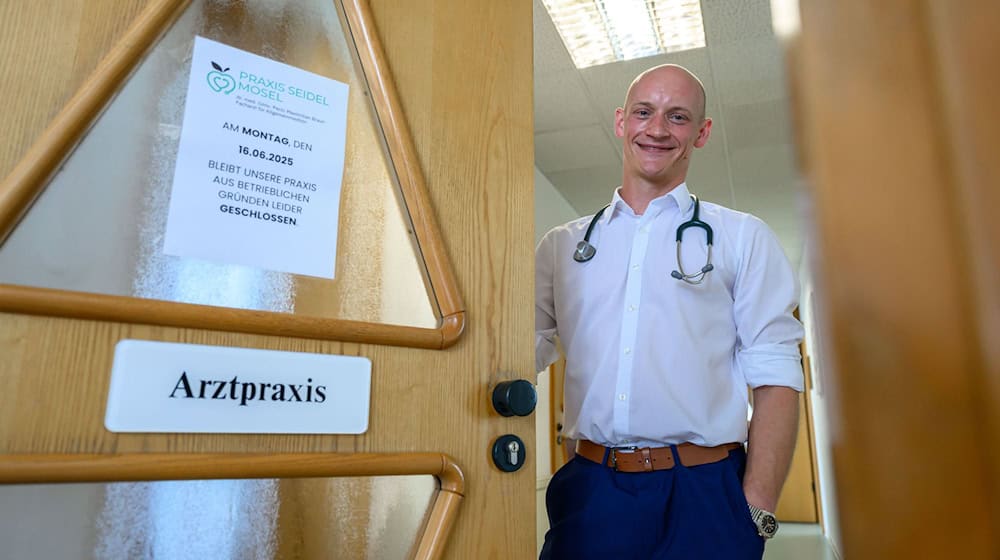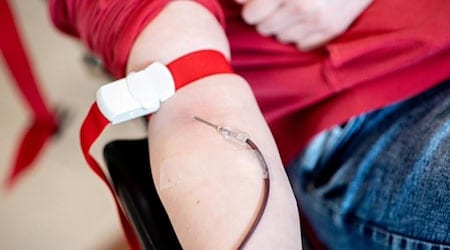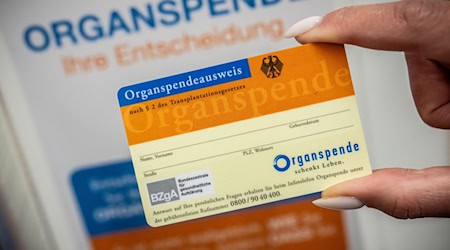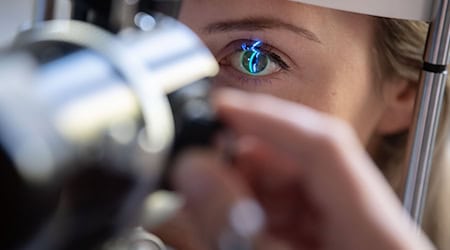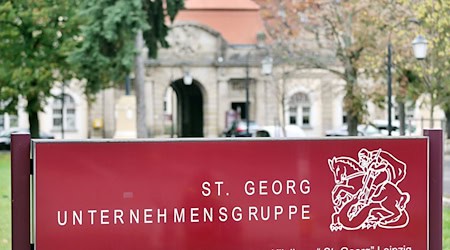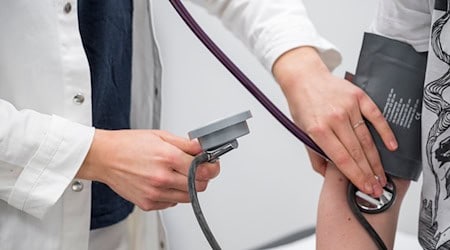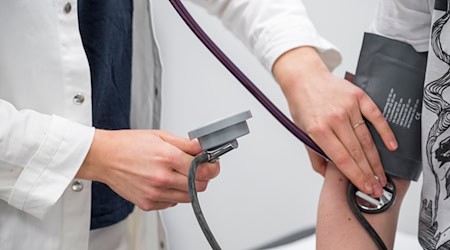In the fight against the shortage of doctors in Saxony, the training of young doctors in Hungary, which began in 2013, is gradually bearing fruit. The first graduate, 32-year-old Maximilian Braun, is starting work as a GP in a practice in the Mosel district of Zwickau. Health Minister Petra Köpping (SPD) said that this example shows that, due to the long training period for doctors, securing medical care requires plenty of time in advance.
The need is great: according to the information, there are more than 370 vacancies for GPs across Saxony. Smaller towns and rural areas are particularly affected. In addition, according to the Association of Statutory Health Insurance Physicians (KV), around 30 percent of GPs are over 60 years old and will be retiring in the foreseeable future. As a result, many successors to practices will be needed in the coming years.
40 places per year for medical studies without an A-level in Hungary
In order to remedy this situation, the project "Studying in Europe - Future in Saxony" was launched in 2013 - initially with 20 study places per year, later the number was increased to 40. The participants complete their medical studies at the University of Pécs in Hungary on a German-language course. They then go on to train as specialists in general medicine in Saxony.
Applicants for the program need an A-level average of 2.6 or better. Following their training, they undertake to work as a GP outside the regions of Leipzig, Markkleeberg, Dresden and Radebeul for at least 5 years. In return, the KV, the Saxon health insurance funds and the state pay the tuition fees. According to the KV, this amounts to 7,800 euros per student and semester.
"Our investment in this long-term project is now beginning to pay off," said Sylvia Krug, Deputy Head of the KV Saxony. The fact that the first graduate is now starting work in a practice is an important milestone for the project and for the future of healthcare in Saxony.
More than 200 participants in the program
According to the KV, 213 people are currently taking part in the program, 164 of whom are still studying. Since 2019, 49 graduates have returned to Saxony for further training as general practitioners, explained Krug. However, there have also been participants who have dropped out of the program. It is to be expected that more graduates will soon start working in a practice.
According to Health Minister Köpping, the project is a building block to secure medical care, especially in rural areas. Another is the rural doctor program with 40 study places. It offers those interested in studying medicine in Saxony without an A-level in return for a commitment to work as a GP in underserved regions. There is also a bonus if doctors continue to practice beyond retirement age, explained Köpping. New approaches would also be tested, for example with the help of telemedicine and mobile practices.
Copyright 2025, dpa (www.dpa.de). All rights reserved

